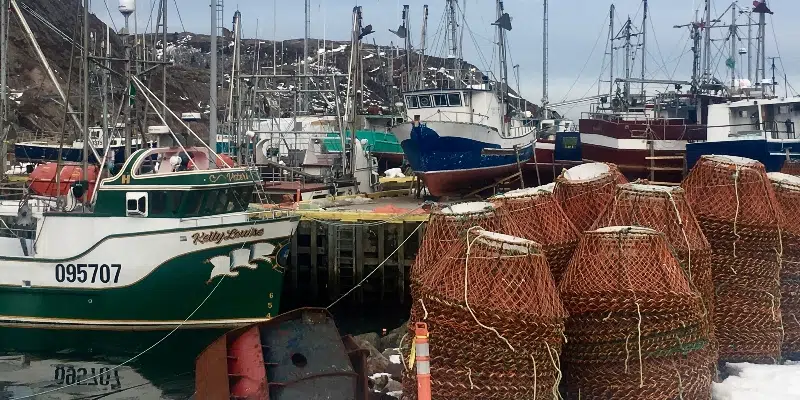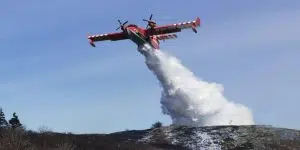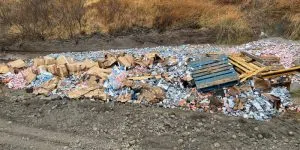D-F-O says 739 tonnes of abandoned, lost or discarded fishing gear has been removed from the waters off Canada’s Atlantic and Pacific coasts in the last two years. That includes more than 118 kilometres of rope.
Most of the gear retrieved – about 84 per cent – were traps or pots commonly used in lobster and crab fisheries. The remaining 16 per cent was a combination of nets and longlines from various fisheries.
The FFAW is once again calling on DFO to immediately cease its plans to implement a weak-rope policy for harvesters in Newfoundland and Labrador.
The policy is being introduced across Atlantic Canada to help save rare and endangered North Atlantic right whales from entanglement.
The whales are surface feeders and are prone to ship strikes and drowning after becoming entangled in fishing gear. The weak-rope policy is being brought in to allow the creatures to break free.
The problem, says the Fisheries Union, is that the animals are extremely rare in Newfoundland waters and bringing the policy into effect in this region will result in more lost gear and financial hardship for local harvesters. Placentia Bay crab harvester Loretta Ward says the gear is designed to break at 1700 pounds of pressure which could cause more problems than it’s meant to fix.
She says each crab pot could hold a couple of hundred pounds and with 28 to 29 pots per string, “that’s a lot of weight” and with the tide jerking gear up and down, “that’s going to lead to lost gear.”
The FFAW’s Inshore VP, Tony Doyle, says the union asked DFO why it settled on weak rope as a solution to the issue if they did not know whether it could work, but “they had no response.”

















